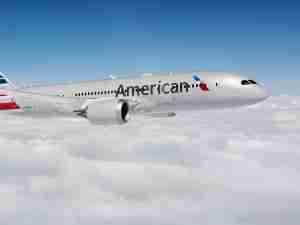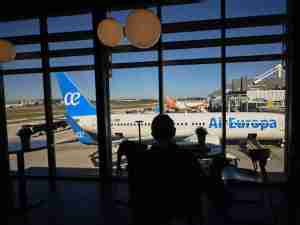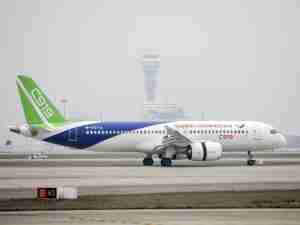As flying electric taxis and hydrogen fuel takes center stage at the Singapore Airshow, Boeing Co.’s plan to clean up aviation is far less revolutionary.
Rather than banking on new technology and different propulsion systems, the Chicago-based company is pushing a solution that will limit the disruption to its mainstay plane-making business: Run the aircraft on sustainable aviation fuel.
“You don’t have to change the airplane, you don’t have to change the airport infrastructure,” Sheila Remes, Boeing’s vice president of environmental sustainability, said in an interview in Singapore, where she was attending the show. “It’s available now so you don’t have a whole amount of infrastructure and complexity that needs to be added into the system.”
Boeing’s focus on SAF, as it’s known, sets it apart from the more openly ambitious Airbus SE. The European rival aims to put a hydrogen-powered aircraft into the skies by 2035. At this week’s Singapore Airshow, Airbus agreed to explore the potential for a hub in the city to store hydrogen and deliver it to jets.
Other companies including AirAsia, meanwhile, announced deals for close to 200 eVTOLs, or electric vertical take-off and landing aircraft.
Remes said the current shortcomings of alternative technologies mean sustainable fuel will be aviation’s most-powerful decarbonization tool for years to come.
The range of electric aircraft will be limited unless there’s “gigantic battery technology improvement,” she said. And while Boeing is exploring how hydrogen might be integrated into commercial aircraft, Remes said it’s “going to be hard.”
The industry’s differing approaches—and vested interests—underscore the complexity of eliminating aviation’s carbon emissions on a net basis by 2050. The cost of transitioning from fossil-derived jet fuel will be $2 trillion, according to the International Air Transport Association. Not even the industry agrees on how it will break decades-old habits, or who will pay for it.
Feedstocks, Forestry
“We’ve got to do a lot more than what we’re doing today,” Kevin Welsh, executive director of the Federal Aviation Administration’s office of environment and energy, told airshow delegates Thursday. “The industry has to fundamentally shift how it does things.”
Boeing and Airbus aren’t totally at odds. Both say that by 2030 their commercial aircraft will be able to fly on 100% sustainable fuels, which can be made from feedstocks including agricultural and forestry waste and non-recyclable household waste.
Boeing also has a foot in flying electric cabs. It’s injecting $450 million into air-taxi startup Wisk and providing engineering resources. Remes said those aircraft should be certified by the end of the decade.
But sustainable fuel’s long-term pathway is far from clear. It’s expensive—triple the price of ordinary jet fuel, according to Remes—and still scarce. There’s also concern that feedstocks might damage rain forests and other animal habitats.
Sustainable aviation fuels account for less than 0.1% of global aviation fuel demand because of limited availability and lack of policy support from governments, BloombergNEF said last year.
“It’s a scaling problem,” Remes said. “You need the incentives or something to make the fuel producers want to produce it, the ability to get the feedstocks, and the airlines to be able to use it, so it’s not so disproportionately out of cost with what they’re paying today.”
Still, Boeing has cited studies showing that sustainable aviation fuels reduce emissions by as much as 80%. At the same time, each new generation of jet cuts fuel burn by 15% to 25%, according to Boeing.
Sustainable fuel is the best bet right now to reach zero emissions because the traditional fuel-burning aircraft engine isn’t about to disappear, Remes said. New technologies, planes, and engines take years to develop and carry risk.
“You want to make sure that it’s a choice that’s actually going to come out the other side as certifiable and safe,” she said. SAF, on the other hand, “works with what we’ve got right now.”










